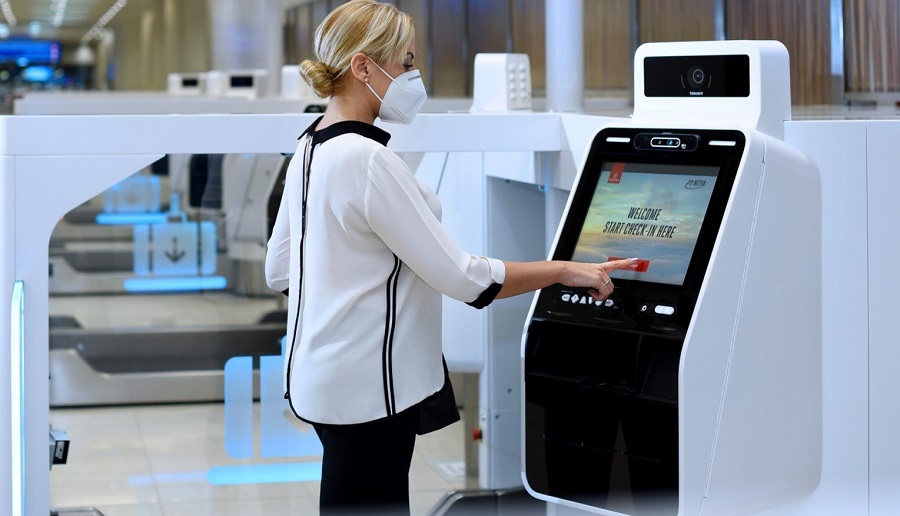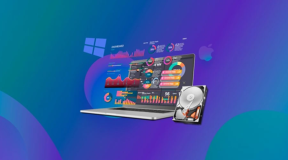Key Takeaways
- Kiosks transform the traditional check-in process by significantly reducing wait times and enhancing overall efficiency.
- Modern kiosks cater to diverse guest needs through multilingual support and inclusive accessibility features.
- By automating routine tasks, kiosks help hotels cut operational costs while allowing staff to focus on personalized service.
- Seamless integration with hotel systems ensures kiosks are easy to use and support uninterrupted guest experiences.
- Kiosks gather valuable guest data, enabling hotels to deliver personalized services and build lasting customer loyalty.
Novel technologies continue to emerge and transform the modern world, which includes the hospitality sector and its services. Among the noteworthy advancements, the hotel check-in kiosk represents a pivotal transformation in the hospitality industry. They are more than mere efficiency boosters; kiosks exemplify the industry’s move toward a more tailored and smooth experience for guests. Toward the latter part of the 20th century, travellers became more concerned about the efficiency and convenience afforded to them, and kiosks emerged to satisfy this demand alongside preserving essential facets of hospitality. First, let us address what makes kiosks an irreplaceable element of modern hotels. In doing so, we will highlight what relies on them the most.
Transforming the Check-In Process
Marked by long waiting times, frequent queues, and painfully slow processing, check-ins at hotels tend to be one of the more aggravating experiences. This is where kiosks transform the Experience. Kiosks make it possible for guests to check in by themselves, effectively getting rid of wait lines and in-person encounters or barriers with front-desk personnel. As the hospitality industry embraces self-service technology, self-check-in is rapidly gaining acceptance. Smarter Travel writes about the enhancement of this technology for hospitality, further explaining how it enhances satisfaction and operational efficiency by allowing travellers to navigate above hurdles and commence their hotel stays as early as possible.
Enhancing Guest Experience Through Convenience
Beyond the check-in process, kiosks have many features that enable a more customised experience for each guest. Operating in multiple languages, these machines act as lifesavers for international guests who may find the traditional front desk to be a daunting hurdle. In addition, the modern kiosks’ accessibility features ensure that guests with disabilities receive the same level of service as everyone else. Such inclusiveness goes beyond technological prowess; it is indicative of a hotel’s hospitality for all guests. This kind of commitment fosters loyalty towards the institution while elevating its standing.
Cutting Costs and Increasing Efficiency
For hoteliers, kiosks provide a singular opportunity for enhanced service and lowered operational costs. By performing mundane activities, kiosks enable staff to devote their time to interacting with guests on a more personalised level and engaging in intricate problem resolution, which enriches the visitor’s Experience. The kiosk’s implementation into a hotel’s system is commonly associated with a decrease in labour costs, which can later be used to improve other facets of the hotel that would ultimately boost guest satisfaction and profitability. Moreover, the reduction of human intermittent accuracy associated with kiosks guarantees reliable and precise service, improving the institution’s reputation.
Integrating Technology Seamlessly
Hotels must integrate kiosks into their operations while ensuring the smooth merging of kiosk technology with the existing hotel infrastructure. Hotels must ensure that kiosks are compatible with their existing management systems to optimize their utility. These kiosks must enhance their interfaces to be as intuitive as possible for both the employees and guests, thus reducing any potential retraining that may be associated with old systems. Guests should be able to select options without feeling as if they are guessing, and the staff should be able to control back-office operations effortlessly. Operational efficiency and improvement of overall satisfaction with the hospitality services depend on this type of ergonomics.
Gathering and Utilizing Guest Insights
Kiosks are advanced in comparison to standard transitional devices, especially in the context of data collection, because they keep track of guests’ services ordered, keeping exchanged data in their memory. The information collected contains a great deal of information concerning clients’ preferences, which can be used for service customisation. The effective use of modified and systematised information aids in improving services and maintaining the efficient image of the hotel, which fosters loyalty among clients and serves the brand well.
Addressing Security and Privacy Concerns
The protection of guests’ details is of utmost importance, especially when data breaches are rampant. Hotel kiosks require the protection of sensitive files, which makes it necessary to follow strict privacy guidelines. Guest details must be safeguarded through appropriate encryption standards, secure systems of payment, and transaction protocols to avoid compromising guest information. Fulfilling this obligation is fundamental in sustaining the reputation of any hotel since it is common for guests to expect that their private as well as financial information will be handled responsibly and protected with utmost diligence.
Preparing for Future Innovations
The history of kiosk technology in the hospitality industry is still ongoing. With ongoing developments, hospitality kiosks will likely integrate AI and virtual reality. These technologies are expected to further elevate the level of interaction and engagement during guest automation, and therefore, hotels must prepare for the impending shifts. By being proactive in responding to technological advancements, hoteliers will be able to meet the pace of guests and expectations and sustain their position in the changing dynamics of the industry.
Real-World Examples of Successful Implementations
A diverse array of hotels demonstrates the successful integration of kiosk technology, each with unique adaptations that suit their specific operational contexts. These examples demonstrate that kiosks can be adapted to serve different scales and settings, operating as models for others in the industry.
Conclusion
In conclusion, kiosks provide personalisation, speed, and convenience for guests, all of which disrupt the hospitality industry for the better. Their ability to shift operational focus without compromising service quality positions them as actual assets for modern hotels. In imagining the future of guest interactions, kiosks enhance the utilisation of data, security, and accessibility while fortifying the face of future innovations. The self-service paradigm is no longer desirable but a necessity as guest expectations evolve. Hotels welcoming this shift will be better positioned to thrive in a tech-centric, competitive market.







